
Nintendo to Release Switch Games Until March 2025
Nintendo president Shuntaro Furukawa says Switch games will continue to be released until March 2025.
2023-10-03 21:17
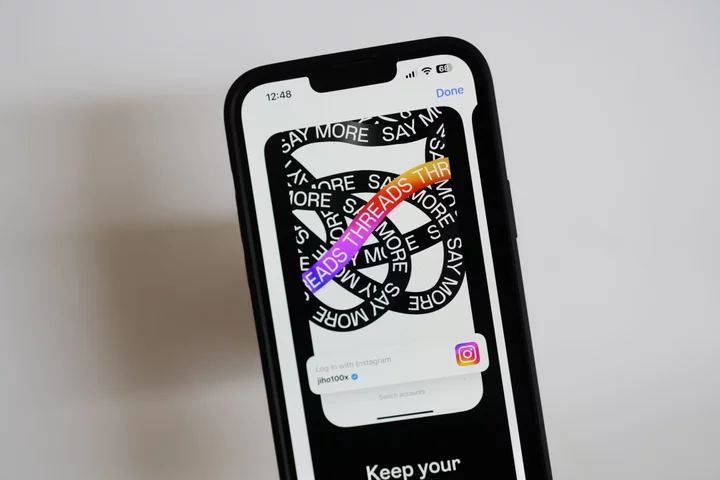
Meta’s Threads App ‘Positive’ Vibe Tested by Users Known for False Claims
Since Meta Platforms Inc. launched Threads on Wednesday, millions of users have joined the new social platform that
2023-07-08 05:23
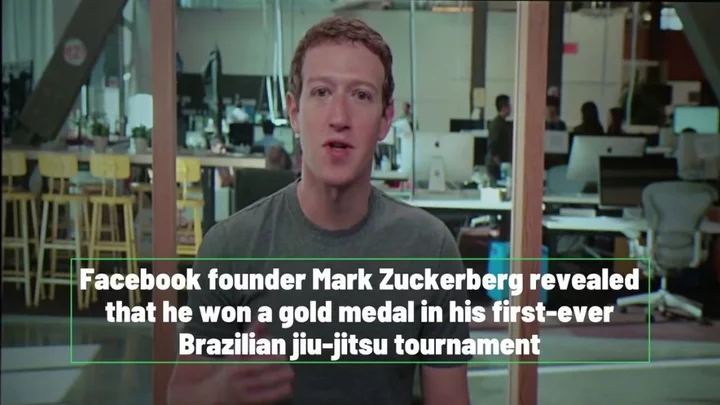
Elon Musk wants a 'cage fight' with Mark Zuckerberg
We could be about to see two of the biggest billionaire dweebs go head to head, after Elon Musk made it clear that he’s up for a cage fight with Mark Zuckerberg. It comes following speculation that Zuckerberg is going to release his own platform named "Threads", which sounds like a pretty similar concept to Twitter, and Musk doesn’t seem happy about it. In fact, he’s joked about taking the Meta founder on in a fight. Froothie founder Mario Nawfal posted about the new platform on Twitter, writing: “META, the same company that copied Snapchat, TikTok, StumbleUpon, Foursquare, BeReal, and Clubhouse, began coding ‘Project 92’ three months after Elon acquired Twitter…Rumors have been circulating about the app’s public name being Threads”. Sign up to our free Indy100 weekly newsletter Musk replied, commenting on Meta’s grip over the social media landscape, writing: “I’m sure Earth can’t wait to be exclusively under Zuck’s thumb with no other options. At least it will be ‘sane’. Was worried there for a moment.” Not finished there, he added: “I’m up for a cage match if he is lol.” In all fairness, Zuckerberg has shown that he’s no stranger to MMA fighting recently. He surprised people after turning up at a jiu-jitsu tournament, with footage appearing to show him looking a little unhappy with the result of his bout. The Meta CEO was spotted taking on a fellow competitor in Redwood City in California earlier this year and he was eventually pinned after a tussle in the ring. The referee stopped the fight and awarded it to his opponent after believing that Zuckerberg had 'tapped out', with the referee later clearing up exactly what happened. Have your say in our news democracy. Click the upvote icon at the top of the page to help raise this article through the indy100 rankings.
2023-06-21 18:49
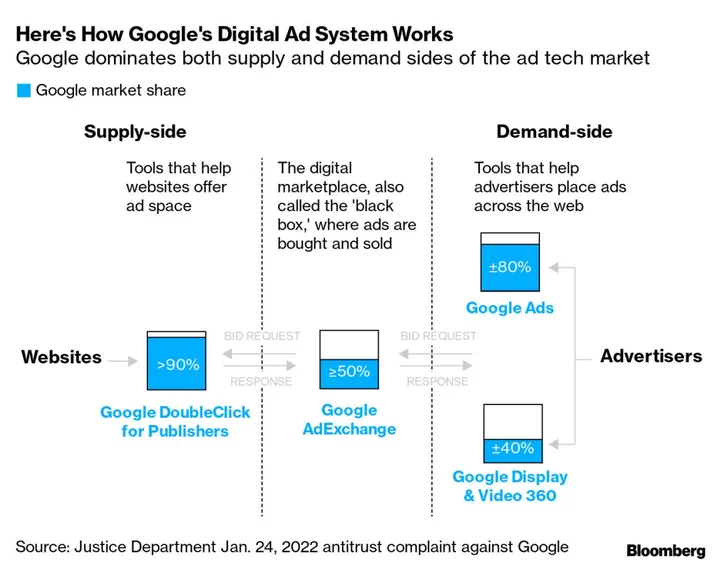
Google’s Ad Tech in Peril as EU Joins US on Breakup Bandwagon
European Union and US antitrust regulators may have gone their separate ways of late. But they can still
2023-06-22 17:52
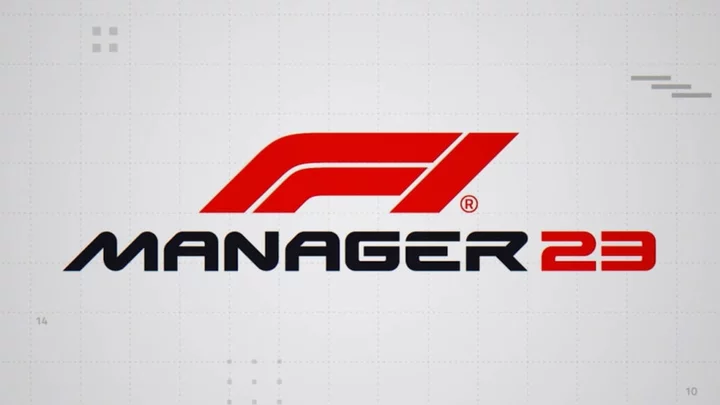
F1 Manager 2023 Release Date
Here's when F1 Manager 2023 will arrive to consoles and PC.
2023-07-11 05:18

OneRail Named to Inc. Magazine’s Annual List of Best Workplaces for 2023
ORLANDO, Fla.--(BUSINESS WIRE)--May 11, 2023--
2023-05-12 01:20
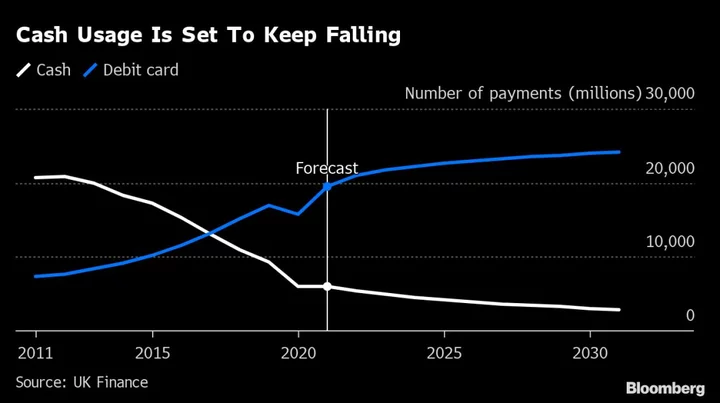
Digital Pound Could Verify Age for Alcohol and Citizenship in UK
A digital version of the British pound may feature a way to verify the holder’s age and citizenship
2023-07-07 12:20

Chinese authorities swoop on restaurant that challenged customers to eat 108 dumplings
A restaurant in China that challenged its customers to eat more than 100 dumplings in return for a free meal has fallen foul of authorities, who are investigating whether it has violated the country's anti-food waste law.
2023-07-09 10:50
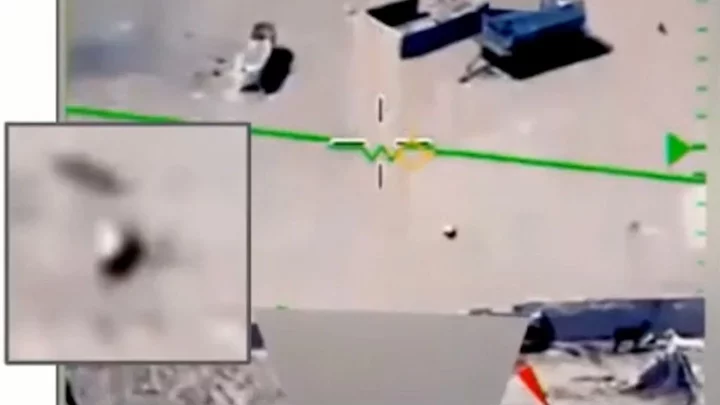
Astronomers have finally figured out the source of the brightest explosion ever recorded
Astronomers believe they might have found the source of the brightest explosion ever in space. The record-breaking explosion recorded in October 2022 was the most powerful ever seen, leaving equipment and instruments struggling to measure it as it pointed directly at planet Earth. The bright gamma-ray burst is officially called GRB 221009A and when it first went off, scientists were left scrabbling to point telescopes in its direction to record it. The explosion has affectionately been nicknamed BOAT, standing for “brightest of all time”, and was caused by the death of a large star located 2.4 billion light-years away – relatively close in terms of space activity. The star collapsed into a black hole after ejecting its outer envelope, causing this huge, bright explosion comprised of gamma rays, producing not only a narrow structured jet but with an additional outflow of gas. Sign up to our free Indy100 weekly newsletter This “exceptionally rare event” surprised astronomers, who had not predicted the existence of gas, and certainly provides plenty of new information around the question of how black holes form. The study’s lead author and astronomer from George Washington University, Brendan O'Connor, explained: “GRB 221009A represents a massive step forward in our understanding of gamma-ray bursts, and demonstrates that the most extreme explosions do not obey the standard physics assumed for garden variety gamma-ray bursts.” He continued: “GRB 221009A might be the equivalent Rosetta stone of long GRBs, forcing us to revise our standard theories of how relativistic outflows are formed in collapsing massive stars.” The huge and long-lasting blast measured up to 18 teraelectronvolts which is a staggering record for a gamma-ray burst, leaving scientists to hypothesise that it was a supernova. Have your say in our news democracy. Click the upvote icon at the top of the page to help raise this article through the indy100 rankings.
2023-06-12 22:27

When do Jujutsu Kaisen Skins Leave Fortnite?
The Jujutsu Kaisen skins, including Yuji Itadori, leave Fortnite on Friday, Aug. 25 at 2 a.m. when Fortnite Chapter 4 Season 4 goes live.
2023-08-23 01:24
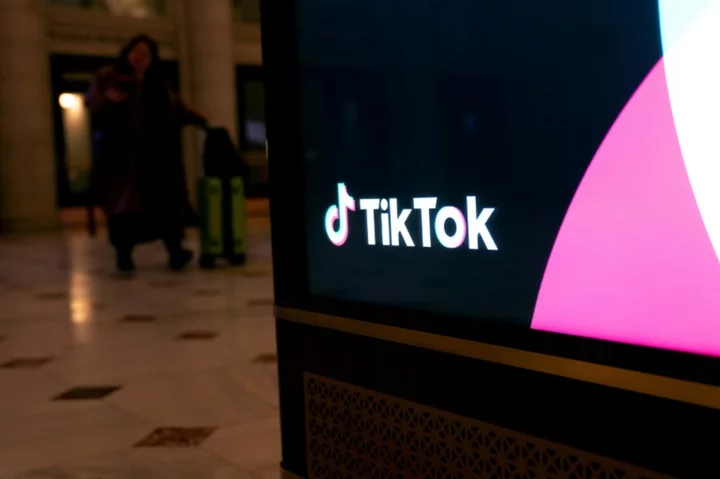
Former exec at TikTok parent firm sues, citing 'lawlessness'
A former US-based executive of ByteDance, the Chinese company that owns TikTok, has sued it for wrongful dismissal, saying he was fired for sounding the alarm over what he...
2023-05-14 04:49
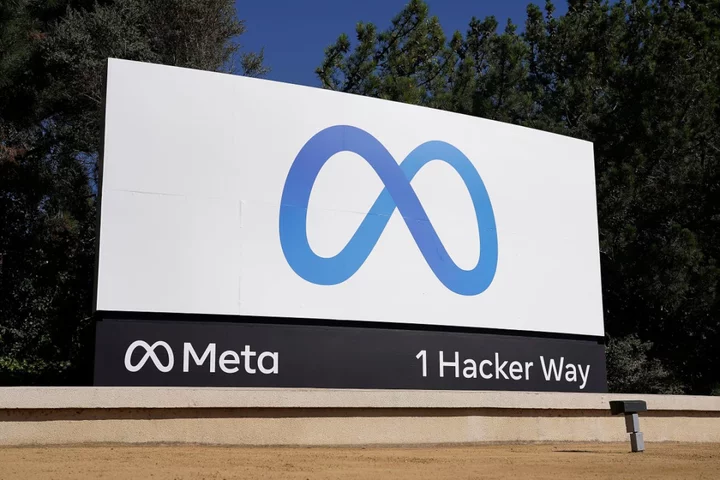
Meta reveals new ‘Voicebox’ AI that is too risky to release
Meta has created a new system that it says can generate convincing speech in a variety of styles – but will not release it for fear of the risks. The new tool is called “Voicebox” and can be set to create outputs in different styles, new voices from scratch as well as with a sample. It makes speech across six languages, as well as a variety of other tools such as noise removal. It says that it is a major development on previous speech systems that required specific training for each task. Instead, Voicebox can just be given raw audio and a transcription, and then be used to modify an audio sample. It is far more effective than its competitors, Meta claimed in its announcement. It can generate words with a 5.9 per cent error rate compared to 1.9 per cent from competitor Vall-E, for instance, and do so as much as 20 times more quickly. Meta said that it had been built on the foundation of a new model it called “Flow Matching”. That allows the system to learn from speech that has not been carefully labelled, so that it can be trained on more and more diverse data. Voicebox was trained on 50,000 hours of speech and transcripts that came from public domain audiobooks in English, French, Spanish, German, Polish, and Portuguese, Meta said. Now that it has been trained, it can be given an audio recording and fill in the speech from the context, Meta said. That could be used to create a realistic sounding voice from just two seconds of speech, for instance, potentially being used to bring voices to people who cannot speak or to add people’s voices into games. It could also be used to translate a passage of speech from one lanagueg to another in a way that keeps the style, Meta said, allowing people to talk to each other authentically even if they don’t speak the same language. It could also be useful in more technical scenarios, such as audio editing, where it can be used to replace words that were not properly recorded, for instance. But Meta said that the risks were such that it would not be releasing the model. It did not point to specific harms, but said that “as with other powerful new AI innovations, we recognize that this technology brings the potential for misuse and unintended harm”. Numerous reports have warned that such systems could be used to copy people’s voices without their consent and in ways that could be harmful, such as creating fake videos of news events or using people’s voices to pose as them during scam calls, for instance. “There are many exciting use cases for generative speech models, but because of the potential risks of misuse, we are not making the Voicebox model or code publicly available at this time,” Meta said in a statement. “While we believe it is important to be open with the AI community and to share our research to advance the state of the art in AI, it’s also necessary to strike the right balance between openness with responsibility.” It also pointed to a separate paper, published on its website, in which it detailed how it had built a “highly effective” system that can distinguish between authentic speech and audio that had been generated with Voicebox. Read More Mark Zuckerberg reveals what he thinks about Apple’s headset – and it’s not good Meta scrambles to fix Instagram algorithm connecting ‘vast paedophile network’ Reddit user’s protests against the site’s rules have taken an even more bizarre turn
2023-06-20 01:46
You Might Like...

Germany Expects TSMC to Approve Dresden Chip Plant Tuesday
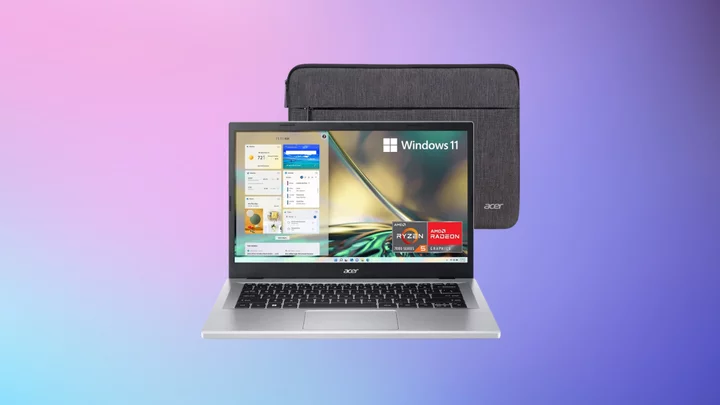
Get a head start on the school year with up to 29% off laptops at Amazon

Cash App and Square down? Payment services are 'steadily' recovering after hours-long outages

Kai Cenat weighs in on xQc and Pokimane's ongoing drama following Kick streamer's $100M deal: 'It is not cool'
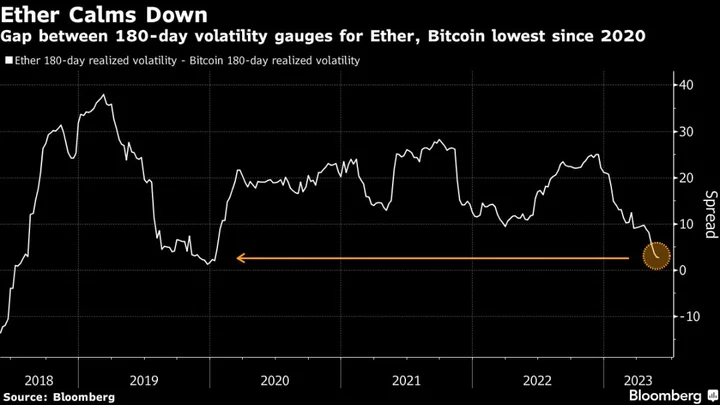
A Rare Shift in Crypto Volatility Offers Ether a Boost Relative to Bitcoin
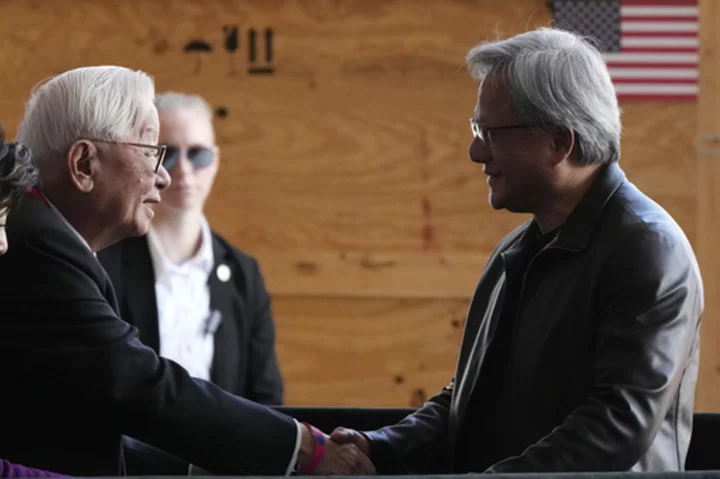
Nvidia stuns markets and signals how artificial intelligence could reshape technology sector

Multiple US Navy personnel say they've received potentially malicious smartwatches in the mail

'RHONJ' star Teresa Giudice hits back at trolls who accused her daughter Milania of using filters in prom photos
